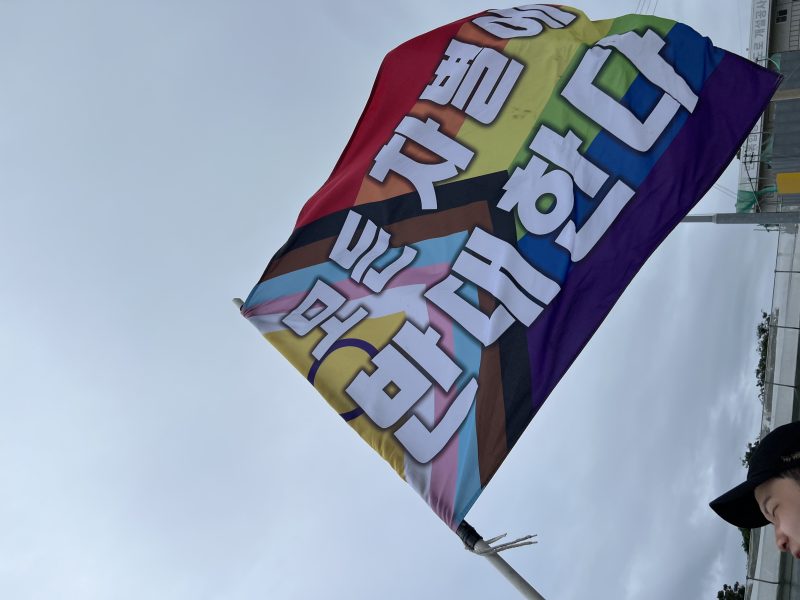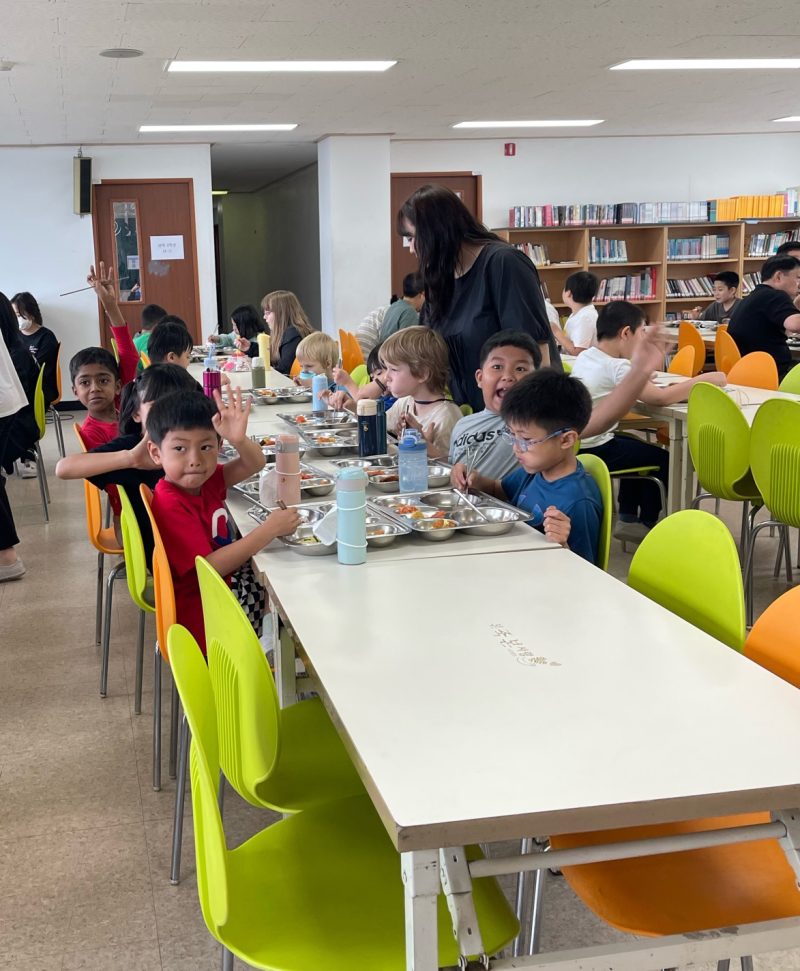For the last few weeks I’ve spent in Korea, I’ve been thinking of this summer as a sort of ‘return’ – returning to the country I was born and raised in for the first years of my life, to the culture and people I consider to be home. I’ve ‘returned’ to my home country for the past few summers, but this time feels different. Past visits were limited to stays at my home and seeing my relatives, a few friends from elementary school, and a lot of shopping and exploring. This summer isn’t an exception for those things, but it’s also the first time I’ve been able to immerse myself in the facilities and communities I never thought I would. So it’s a weird mix of feelings coming back to Seoul this year, and it’s even a weirder feeling to step foot into a Korean elementary school again.
When I left Korea in my late elementary school years, I never thought I would be eating Korean cafeteria food again, let alone talk with fellow Korean students sitting together around the elementary school lunch tables. But here I am, albeit in a very different context: I eat Korean lunch every weekday (which I’ve learned to enjoy and be very grateful for after experiencing American school lunch), and I talk with the Korean elementary schoolers on a daily basis. I am, of course, no longer a student, but I can see myself and reminisce the years I was one for the short time I attended school in Korea. From that, I see myself in the students I teach – the quiet, introverted ones remind me of how I was as a kid, a boy going back and forth from the United States and Korea, not knowing what language and culture to take in as my own, too afraid to speak out loud.
In remembering my own past, I begin to open my mind to the limitless, complex backgrounds of my students, especially of the ones that seem too afraid to speak to us teachers. As a stranger coming from across the world to teach these kids for one week, I know not to impress my own values and teaching aspirations on these vulnerable students that are already going through a lot. Even my elementary school self would not have liked someone like me very much. I’ve learned, through direct experience teaching kids in these first few weeks and from the generous advice given from passionate full-time teachers and our own experienced professors, that the most important thing we can do as part-time teachers is to understand and listen. Many don’t talk much, and many talk too much about nothing, but they all give us a short, slight glimpse into the lives they live in and outside of Jiguchon. I think it’s our responsibility to listen to these stories, and to form a connection sprouting from that.
I hated learning English in my elementary school years because of the bad memories associated with speaking English in America, where I was a perpetual foreigner. But if I had someone to talk to, to bond over, to look up to, I think English might not have been too scary of a subject. I can’t hope they memorize the words we learn in class, but I do hope to be this someone for these kids.
– Mingyu ‘Matthew’ Joo



